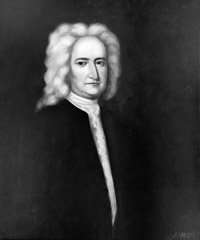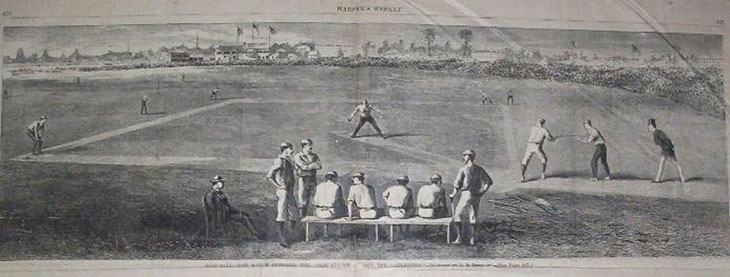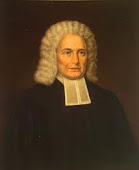1685-Piracy
The Proprietors recommended Governor Quarry be “dismissed from the Secretaryship for harboring pirates.”
During the years 1682-1686, there was much upheaval in the Carolina Colony. Due to political moves among the citizens the result was five Governors; Joseph Morton, Joseph West, Richard Kyrle, Robert Quarry, and James Colleton.
Colonel Robert Quarry was elected President of the Executive Council and Acting Governor from May to October of 1685. During the time of his government, a number of pirates put into Charles Town, and purchased provisions with their Spanish gold and silver. Whether the governor was ignorant of the treaty made with Spain, by which England had withdrawn her former toleration from these plunderers of the Spanish dominions; or whether he was afraid to bring them to trial, cannot be determined.
It is true that King Charles II, for several years after the restoration, winked at the pirates’ crimes and the crown actually often profited from their plundering. Charles II knighted Henry Morgan, a Welshman, who had plundered Porto Bello and Panama, and carried off large treasures. For several years these plunderers of the West Indies were successful and spread fear in every quarter of the Spanish dominions.
Their stolen gold and silver ensured to them a kind reception among the merchants in Charles Town who freely conducted business with the pirates. However, the Lords Proprietors, once learning of the encouragement given to pirates by Governor Robert Quarry, dismissed him from the office.
1780–The Seige of Charlestown
 Gen. Benjamin Lincoln and his Patriot war council vowed to continue the fight against the British bombardment, although the city was effectively surrounded and the men worked “the whole day under the heaviest cannon and small arms fire.” Due to the hellish nature of the conditions the line soldiers endured, desertions became an issue for the American defenders.
Gen. Benjamin Lincoln and his Patriot war council vowed to continue the fight against the British bombardment, although the city was effectively surrounded and the men worked “the whole day under the heaviest cannon and small arms fire.” Due to the hellish nature of the conditions the line soldiers endured, desertions became an issue for the American defenders.
1852-Road to Secession
The South Carolina state convention met in Columbia to consider action against the United States government for “frequent violations of the Constitution of the United States.” Although no official action was taken, this meeting marked the beginning of a serious secession movement that came to fruition on December 20, 1860.
Read the Declaration of Causes here.
1860 – Democrat Convention
Resolutions to protect the Fugitive slave law were introduced. Rhode Island also introduced a resolution:
That we recognize to the fullest extent, the principle that to preserve the Union the equality of the States must be maintained, the decisions of the Courts enforced ; and that every branch of the Federal Government shall exercise all its Constitutional powers in the protection of persons and property both in the States and Territories;















